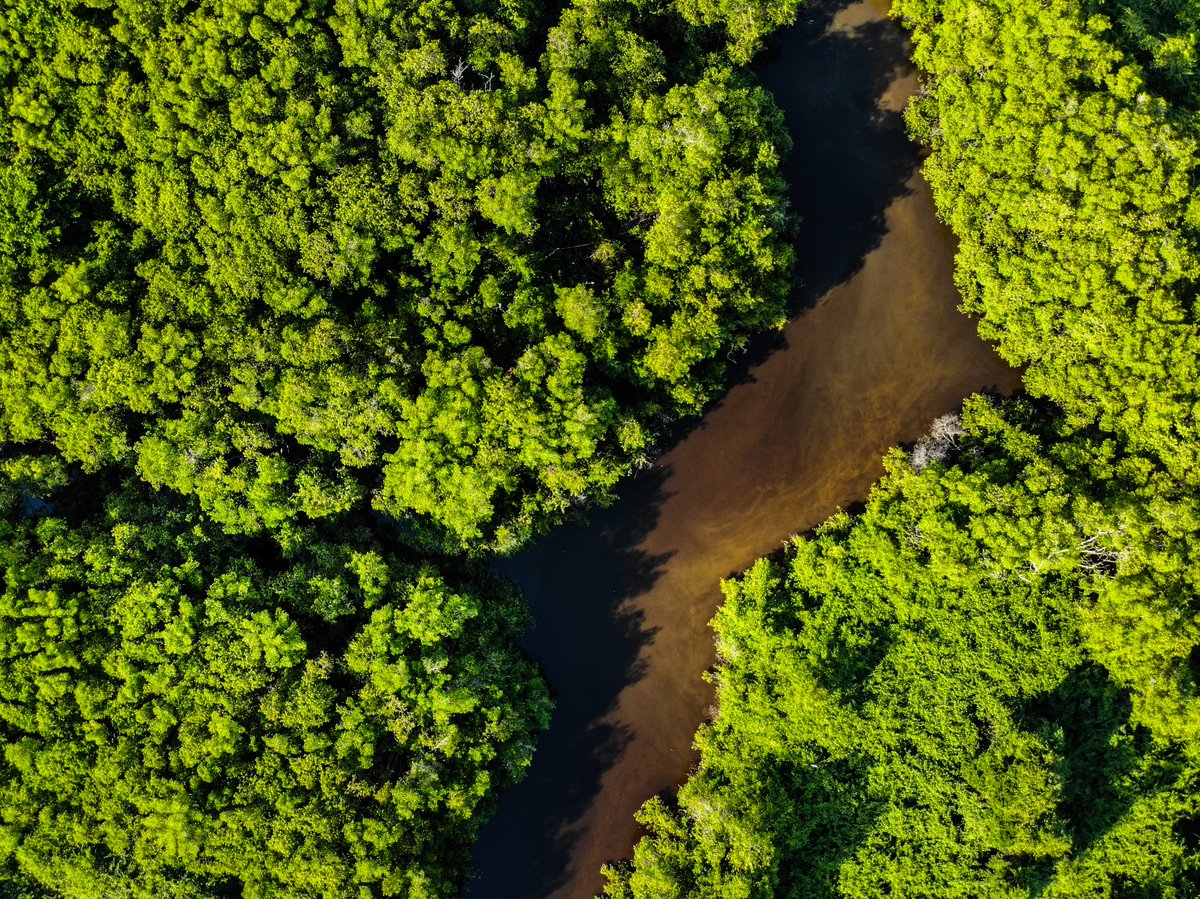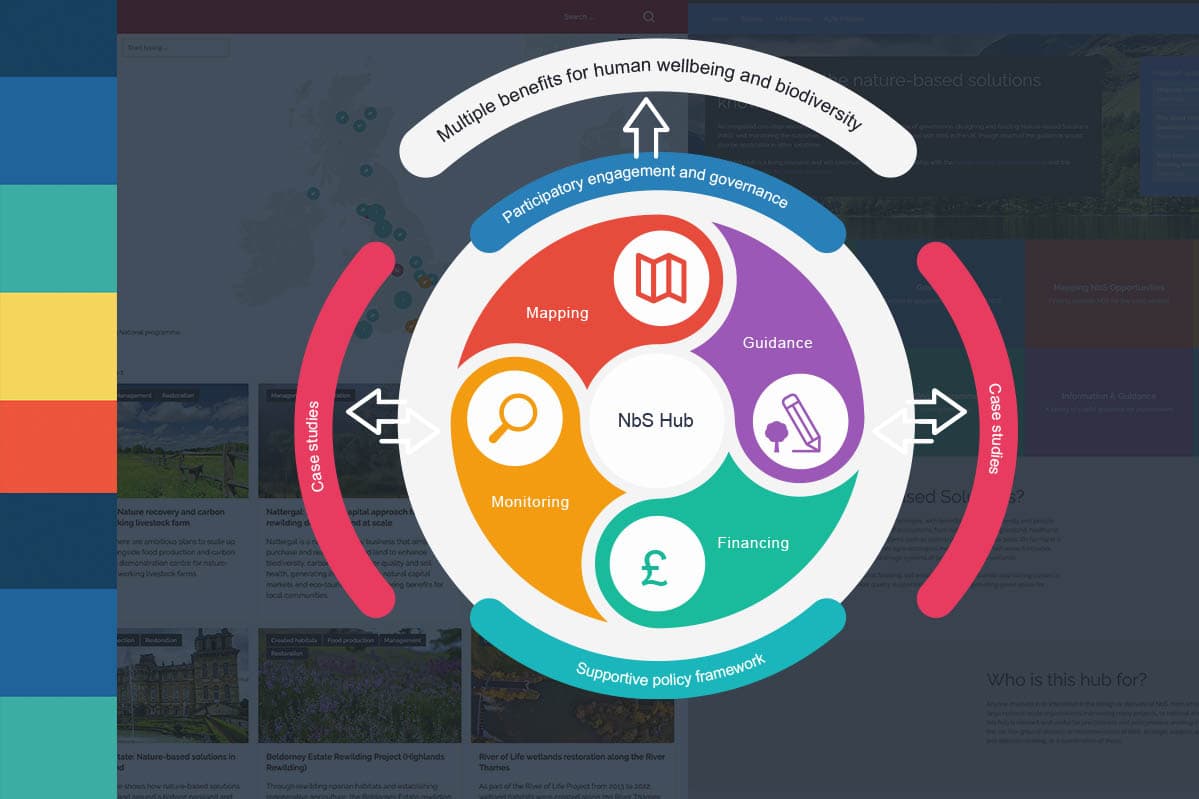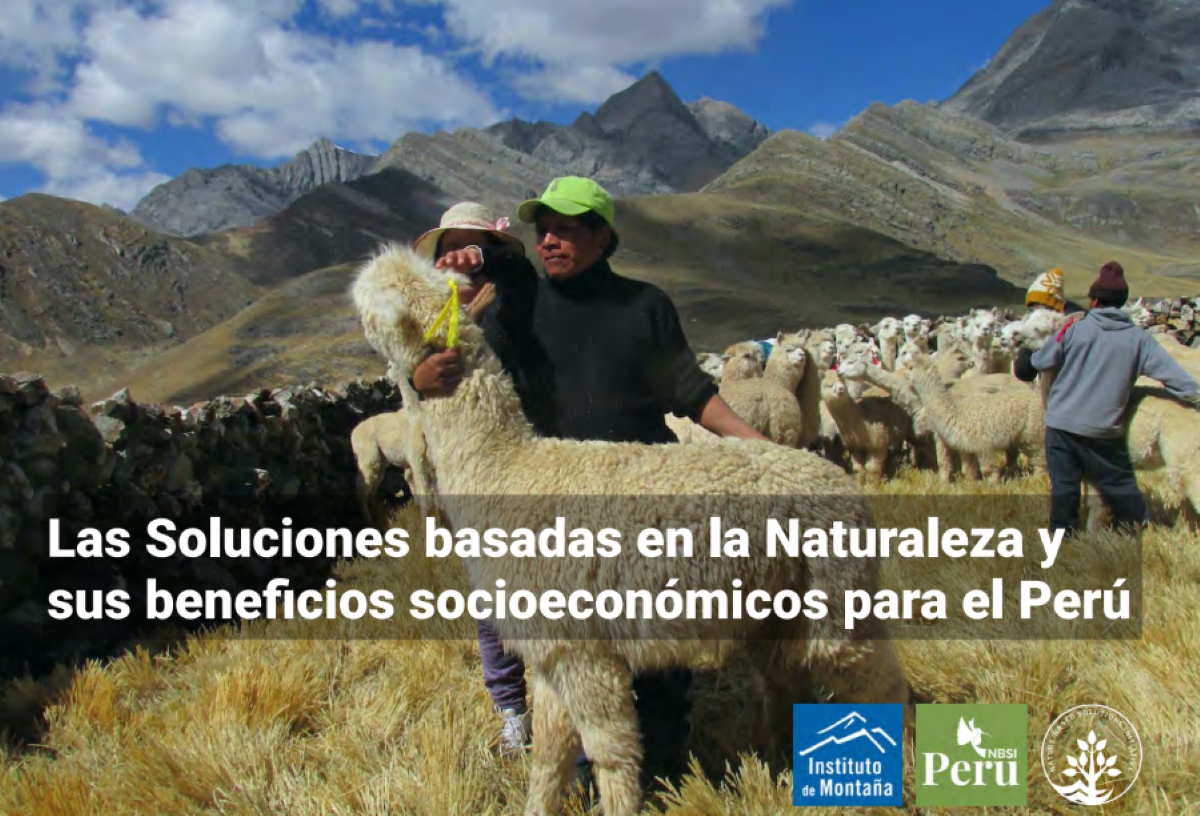Nature-based solutions critical for Brazil’s Net Zero goal

Dr. Aline Soterroni, a member of the Nature-Based Solutions Initiative (NbSI) team at the University of Oxford, led new research that finds that nature-based solutions, mainly ending deforestation and scaling up native vegetation restoration, could mitigate nearly 80% of Brazil’s net zero pledge. The paper, titled “Nature-based solutions are critical for putting Brazil on track towards net zero emissions by 2050,” is part of the Agile Sprint research that ran from July to December 2022.
Dr. Soterroni and her colleagues found that, although the implementation of Brazil’s Forest Code is key for the country to meet and increase the ambition of its short-term NDC targets, it will not be enough to bridge the gap to net-zero GHG emissions by mid-century. However, by scaling up nature-based solutions, such as eliminating illegal and legal deforestation and promoting enhanced large-scale native vegetation restoration, the country could stay on a clear path to net zero GHG emission during the next 20 years without the need to deploy costly and not-mature-yet negative emissions technologies such as bioenergy with carbon capture and storage (BECCS).
” Deforestation control and native vegetation restoration are ready to be implemented immediately at a relatively low cost compared to engineered solutions such as BECCS,” said Dr. Soterroni. ” This gives Brazil a comparative advantage over other countries, and it is also a multiple win situation because the careful implementation of nature-based solutions not only helps mitigate and adapt to climate change, but also curbs biodiversity loss, and supports the economy.”
The NbSI team are working with the Agile Initiative and other partners to develop a roadmap for a credible Brazil’s net-zero pathway grounded in nature-based solutions. The team are also working to raise awareness of the importance of incorporating nature-based solutions holistically in national climate pledges, including Brazil’s.
“We are committed to helping Brazil revise its national climate policy and incorporate a credible and robust net zero plan.” said Dr. Soterroni. “Nature-based solutions are key for Brazil to address the intertwined crises of climate and biodiversity “
Read more about Agile research here.
Read more about this news from the University of Oxford here.
Read the paper here.




